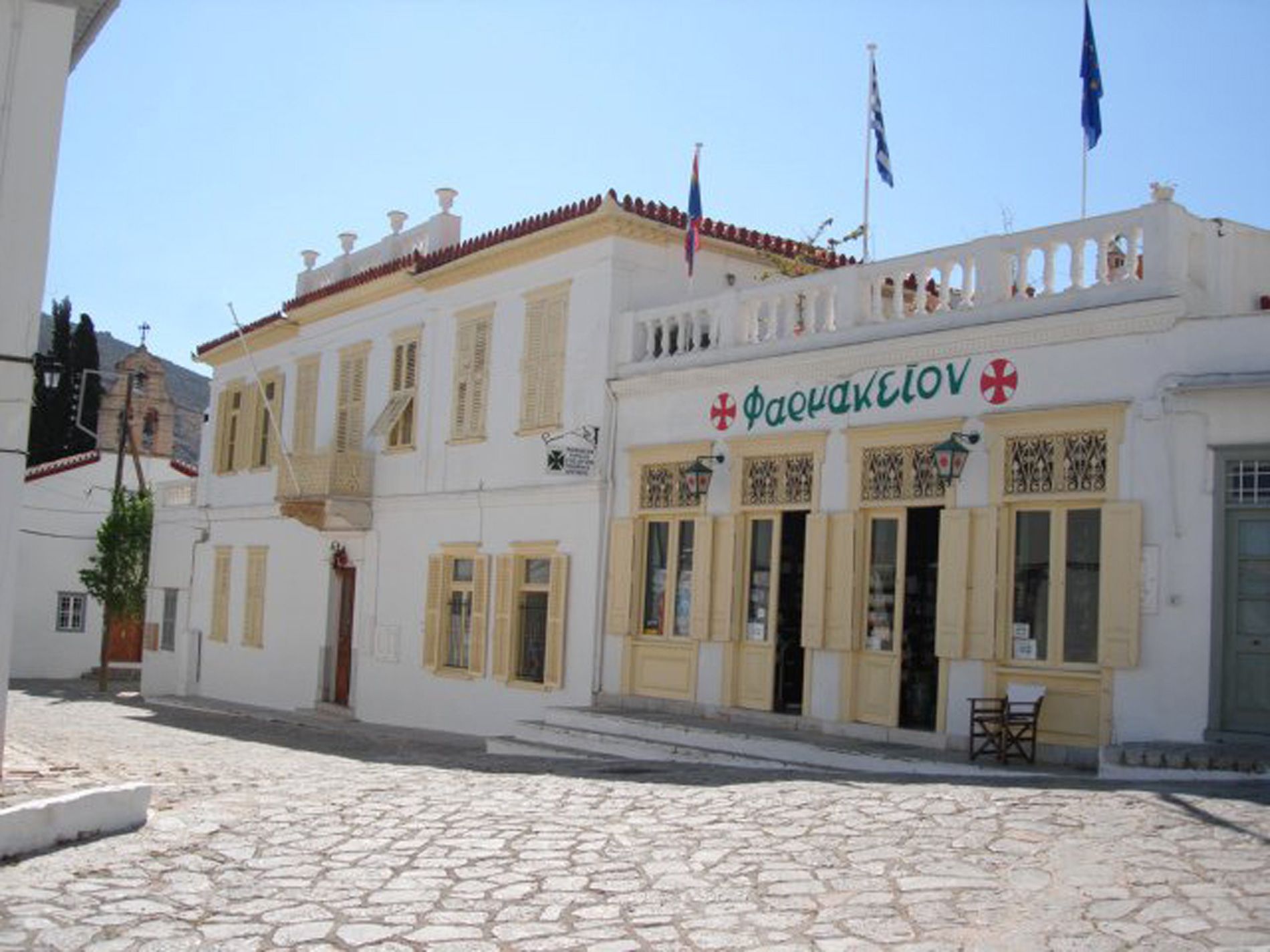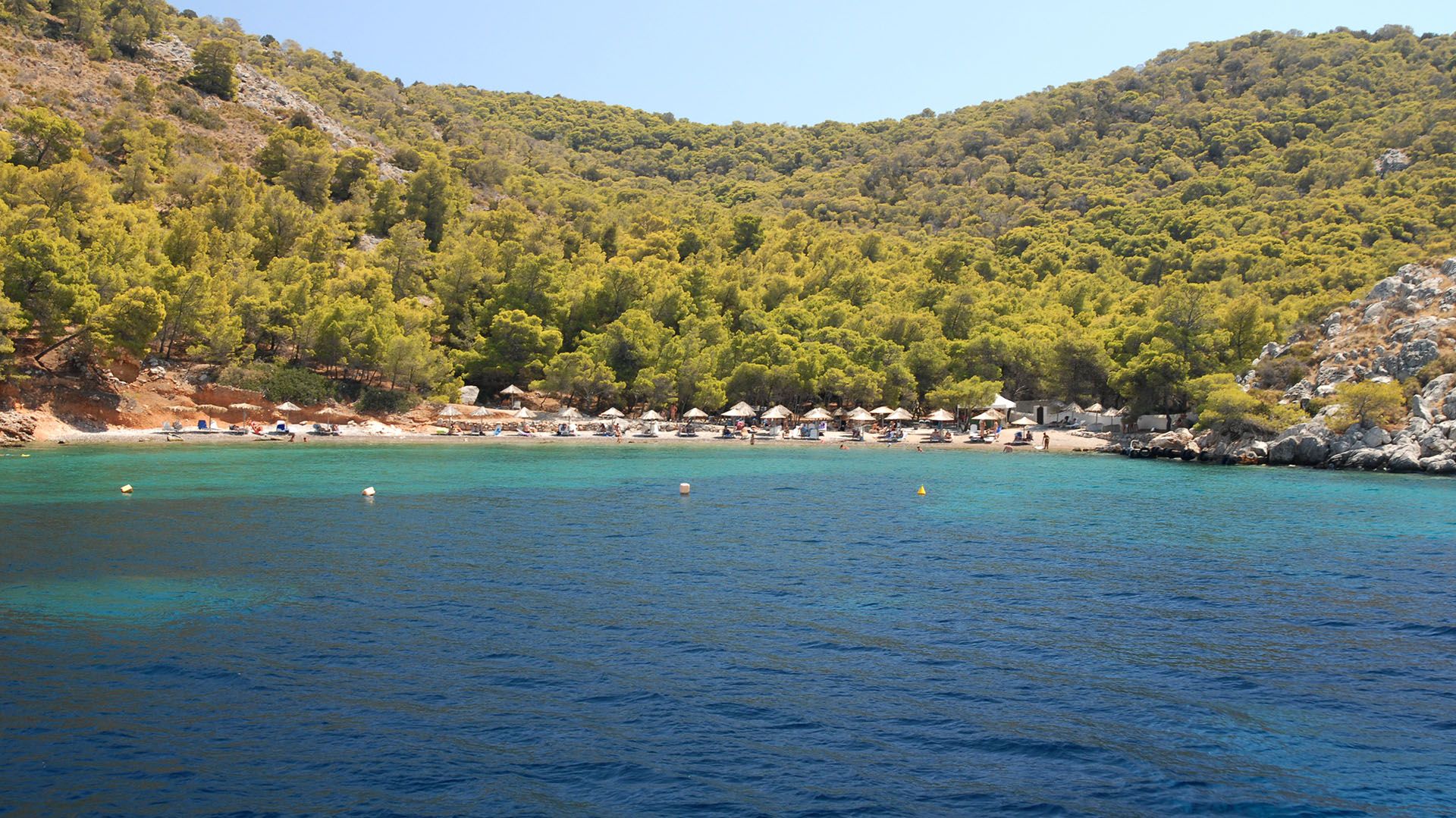Historical Archive Museum of Hydra
Historical Archive Museum of Hydra
The Historical Archive Museum of Hydra was originally built in 1918 near the Port Authority, at the expense of the Hydra shipowner Gikas N. Koulouras. In 1952, it was donated to the state and since then it has been public. In 1972, the new building was inaugurated, after the demolition of the old one. The Museum exhibits great paintings of the 19th century and a number of objects – heirlooms from the 1821 Battle, costumes from Hydra of the time, maps, navigational instruments, cannons, wood carvings which were in the prows of the ships and ornaments which were located across the ships, construction models and lithographs of ships of the Battle, etc. In the exhibition area, also exhibits representative samples of historical documents of the 18th-19th centuries from the approximately 18,000 primary archival documents belonging to its collection as well as an impressive photographic archive of the island with its great maritime tradition and history, which moves visitors even today. The space is divided into the Museum Department, the Library and the Archives Department.
The Museum Department offers some of the most remarkable creations of modern Greek art of the 18th-19th century and the beginning of the 20th century. The Gallery includes three thematic sections of works. The Portraits, mainly oil paintings of historical figures, the Portraits of ships of the Battle and later the Collection of Nautical Charts. The Library currently includes about 15,000 book titles, mainly old and rare editions, many of which date back to the beginning of the 18th century. Its content is constantly enriched with new publications, mainly historical and archival, but also literary, magazines, newspapers, etc. The Archives Department is tasked with locating, gathering, classifying, indexing and finally publishing all kinds of archival material related to Hydra, its local history, tradition and culture. In this historical documentation center of Hydra, archival material from the Public Services of the island as well as archives of Organizations and private individuals are introduced after selection, which are important sources of historical research for the place and historically highlight the leading role of Hydra, especially during the period of the 18th – 19th and the 20th century.








